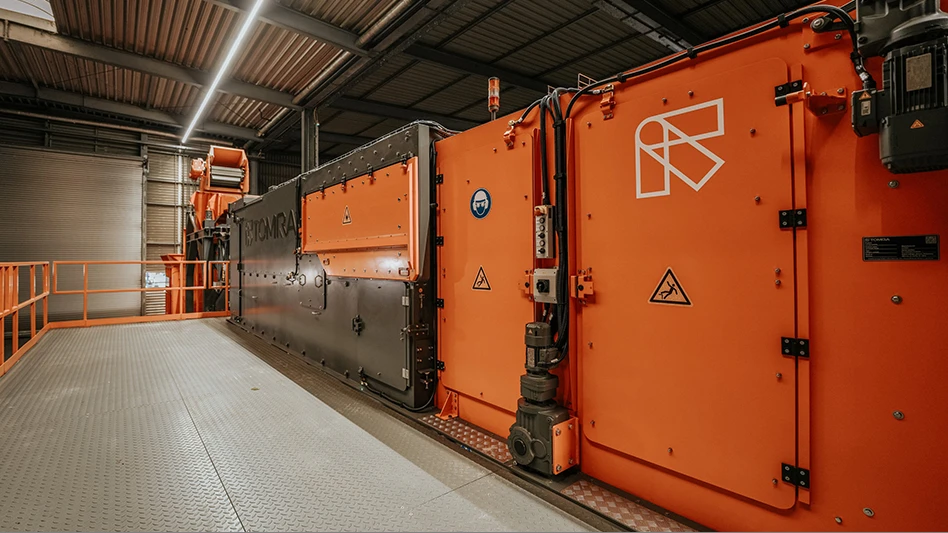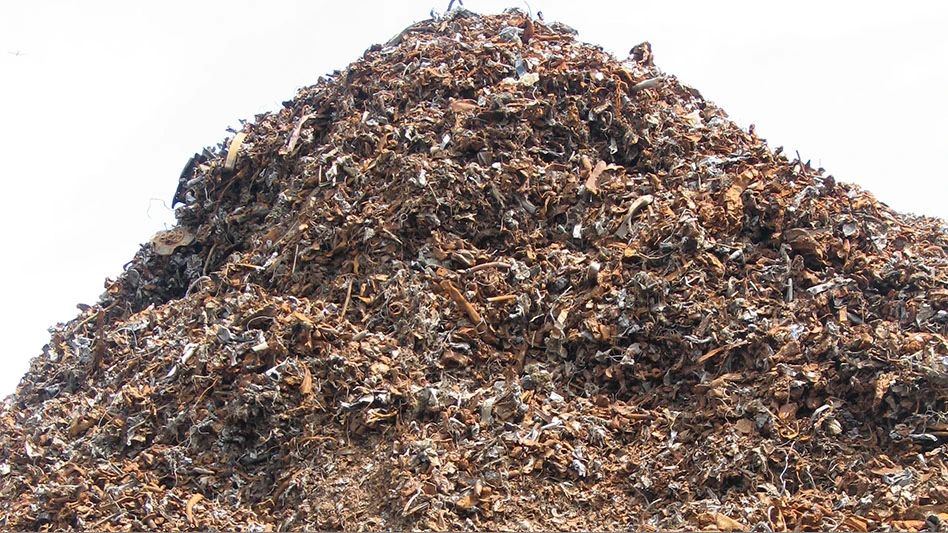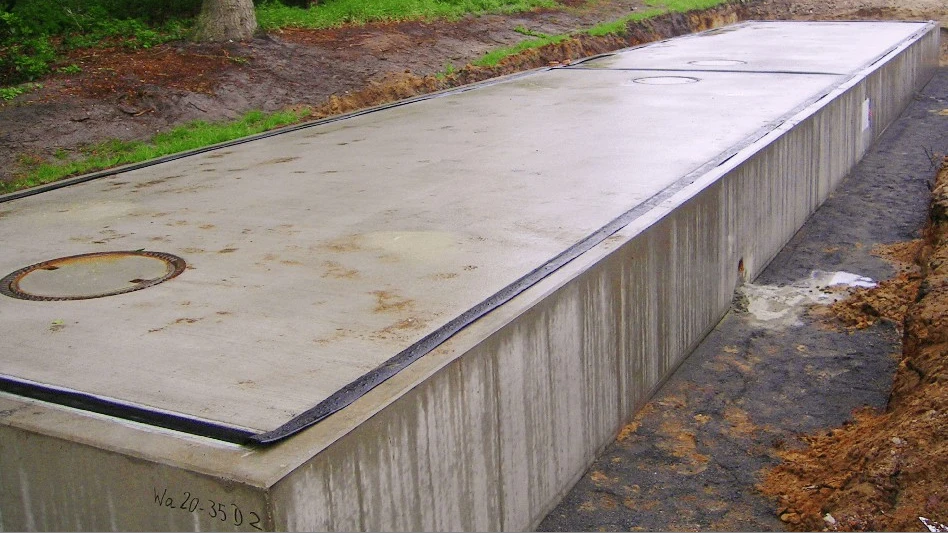Government Liquidation, the exclusive channel for surplus and scrap assets from the Department of Defense, will auction the USS Long Beach for the vessel’s scrap metal components. When it was commissioned in 1961 the USS Long Beach was the first nuclear-powered guided-missile cruiser.
 The cruiser, presently located at the Puget Sound Naval Shipyard in Bremerton, Wash., contains roughly 7.35 million pounds of steel, aluminum and copper wiring; gallery equipment; and fixtures and furnishings, including tables, chairs, lockers and bunks.
The cruiser, presently located at the Puget Sound Naval Shipyard in Bremerton, Wash., contains roughly 7.35 million pounds of steel, aluminum and copper wiring; gallery equipment; and fixtures and furnishings, including tables, chairs, lockers and bunks.
The auction will begin July 10, 2012, and close on July 12 at 8 p.m. Eastern time.
Government Liquidation, headquartered in Scottsdale, Ariz., will start accepting bids on the ship through its online marketplace at www.govliquidation.com.
“As a recognized cost saver and solution provider for the DoD (Department of Defense), we are prepared to find the cruiser a home through our global base of over 34,000 professional scrap buyers,” says Tom Burton, president of Government Liquidation. “We receive 20-30 million pounds of scrap metal per month at military installations across the country, which are then identified, sorted and prepared for sale. Our top priority on each scrap sale, from a pallet of mixed metals to the USS Long Beach, remains on maximizing efficiency and recovery value for our government partner while adhering to safety, environmental and security compliance.”
More information on the auction, including photos and placing bids, is available at www.govliquidation.com/auction/view?id=5401919&convertTo=USD.
Sponsored Content
Don’t Let Screen Jamming Decrease Material Recovery
General Kinematic’s FINGER-SCREEN™ prevents material bypass with its tapered finger designs, unique cam-out surfaces, and staggered positions. It allows for continuous, dynamic material flow to enhance and optimize separation and classification. If your current setup is prone to process challenges, let GK’s FINGER-SCREEN™ be the solution!
Optimize your process today with GK!Sponsored Content
Don’t Let Screen Jamming Decrease Material Recovery
General Kinematic’s FINGER-SCREEN™ prevents material bypass with its tapered finger designs, unique cam-out surfaces, and staggered positions. It allows for continuous, dynamic material flow to enhance and optimize separation and classification. If your current setup is prone to process challenges, let GK’s FINGER-SCREEN™ be the solution!
Optimize your process today with GK!Sponsored Content
Don’t Let Screen Jamming Decrease Material Recovery
General Kinematic’s FINGER-SCREEN™ prevents material bypass with its tapered finger designs, unique cam-out surfaces, and staggered positions. It allows for continuous, dynamic material flow to enhance and optimize separation and classification. If your current setup is prone to process challenges, let GK’s FINGER-SCREEN™ be the solution!
Optimize your process today with GK!Sponsored Content
Don’t Let Screen Jamming Decrease Material Recovery
General Kinematic’s FINGER-SCREEN™ prevents material bypass with its tapered finger designs, unique cam-out surfaces, and staggered positions. It allows for continuous, dynamic material flow to enhance and optimize separation and classification. If your current setup is prone to process challenges, let GK’s FINGER-SCREEN™ be the solution!
Optimize your process today with GK!
Get curated news on YOUR industry.
Enter your email to receive our newsletters.
Latest from Recycling Today
- Europe’s paper and board industry rebounds in 2024
- Europe’s WEEE regulations might need a rethink
- Call2Recycle Canada reports battery recycling increase in 2024
- Minnesota selects Circular Action Alliance as PRO
- GIC launches automotive plastics circularity pilot
- Hydro grows postconsumer scrap use in 2024
- BlueScope’s net profit declines
- Syklo investing in circular ‘hub’ for plastic recycling, biocomposite production







